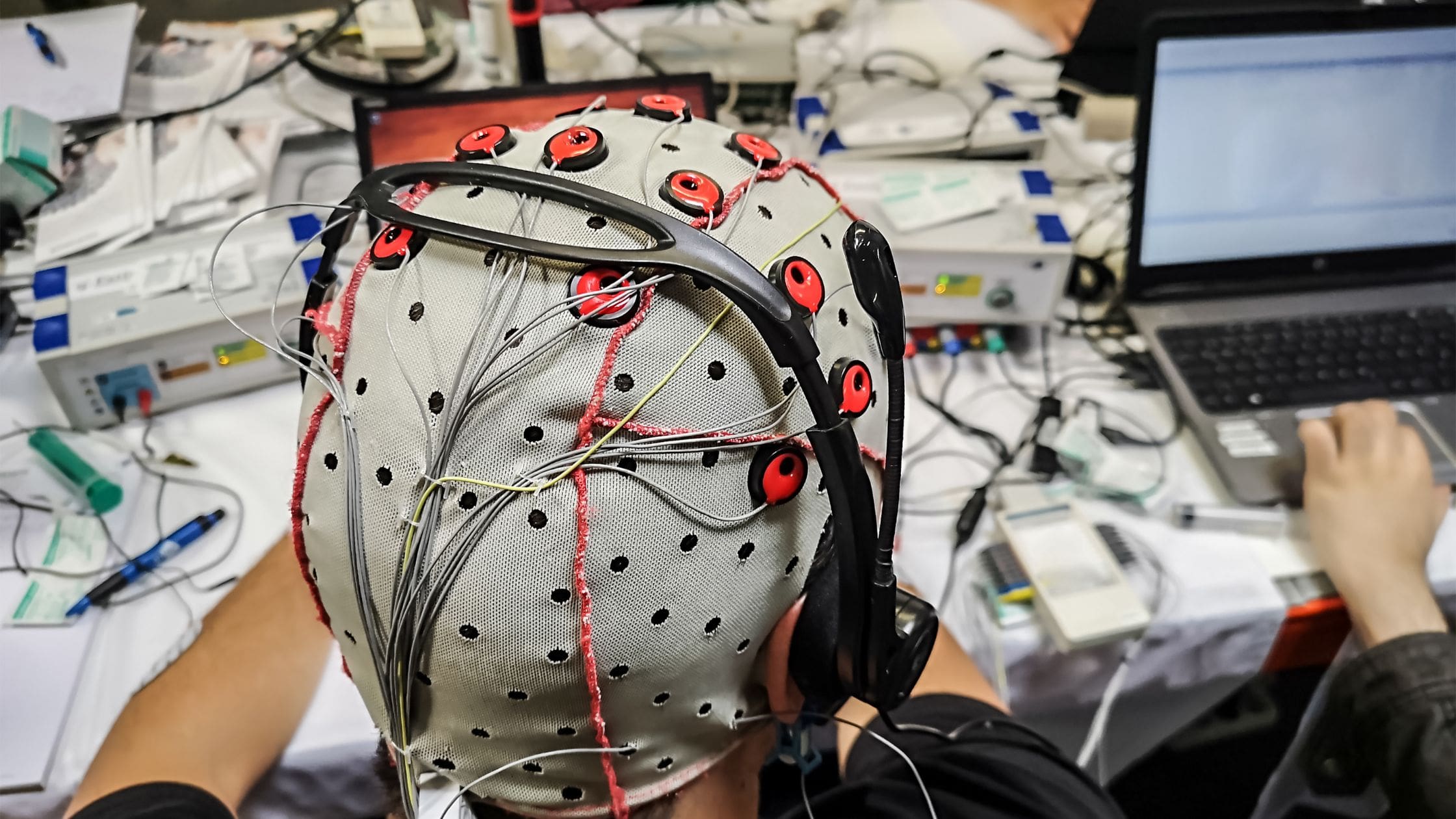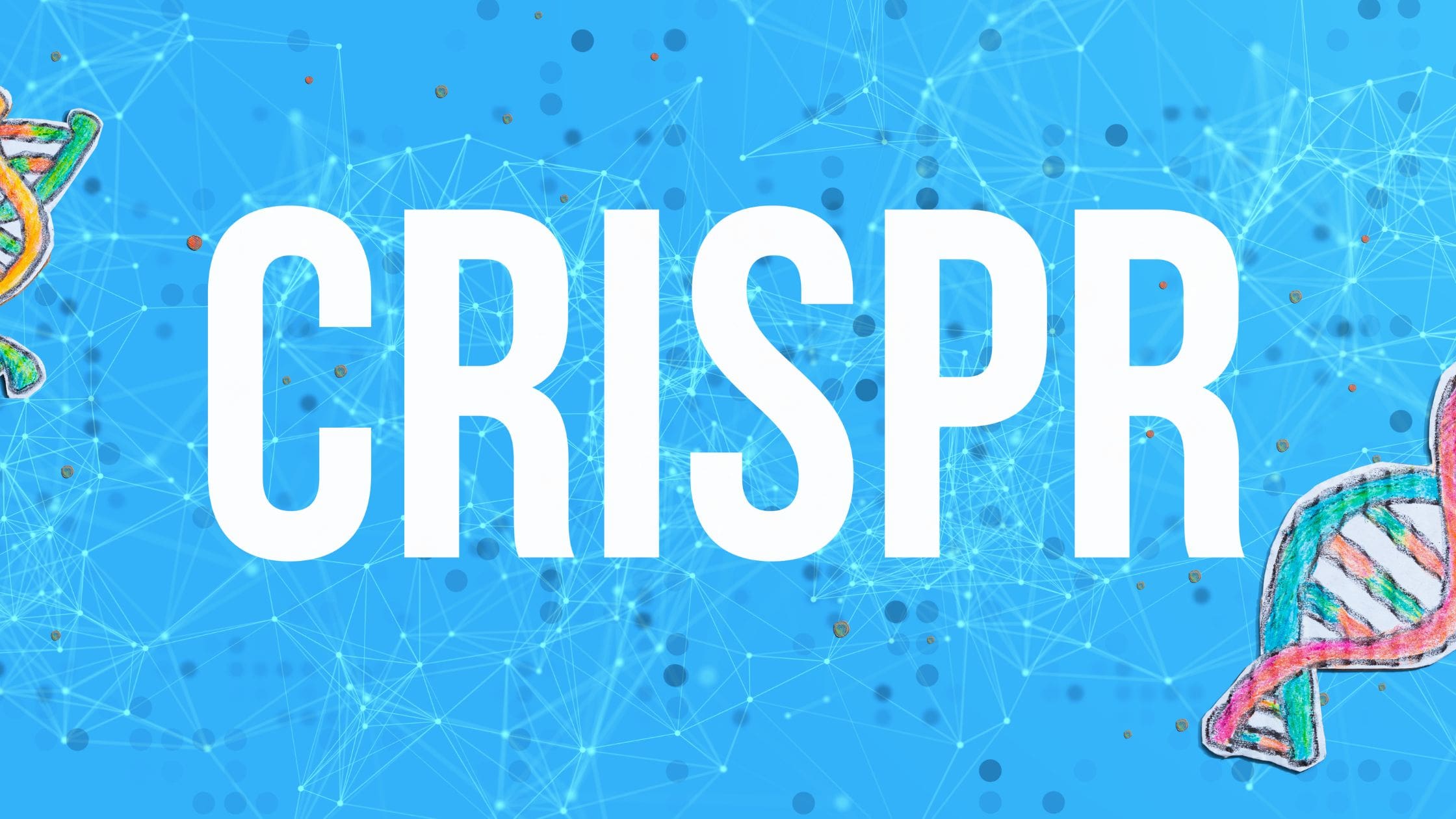Aging has remained a timeless concern for humanity. Our search to extend our lives through improved health and well-being remains one of our greatest quests. While humans can’t stop the aging process, recent breakthroughs in scientific research have indicated promising strides in slowing down how humans age while also encouraging overall improvement in longevity.
Groundbreaking research conducted by the University of California, San Diego (UCSD) and other promising recent studies has made impressive progress on engineering longevity in cells, offering hope that may significantly slow down the aging process and improve our overall existence to make life more manageable.
The UCSD Study
A recent study conducted at the University of California, San Diego, identifies potential implications for improving longevity in the future. While aging is a natural part of life, it’s often associated with a decline in health and an increased susceptibility to various age-related diseases, including cancer, Alzheimer’s, and heart disease, and many others influenced by multiple genetic, environmental and lifestyle factors.
However, recent scientific discoveries have initiated the possibility of slowing down this inevitable process. One influential study conducted at the University of California, San Diego, has made headlines by harnessing the power of genetic engineering to extend the lifespan of cells and stall the natural aging process.
Scientists have long known that our cells go through a finite amount of divisions before they enter a state known as cellular senescence, where they stop dividing and contribute to aging. The researchers in this study aimed to tackle this cellular aging by employing the revolutionary CRISPR-Cas9 gene-editing technology, focusing on manipulating cellular mechanisms to extend the lifespan of a common type of roundworm, Caenorhabditis elegans.
One of the study’s key findings was the identification of a specific protein, named FST-1, that plays a pivotal role in regulating aging. When the levels of this protein (or targeted similar genetic factors) in the roundworms were manipulated, researchers could extend their lifespan by an impressive 30%. These implications for human longevity are profound when applied to vehicles that humans can consume.
However, the implications of this study reach far beyond the laboratory. Slowing down cellular aging could hold the key to addressing a wide array of age-related health issues, potentially paving the way for the development of innovative treatments in regenerative medicine for conditions like osteoporosis and diabetes, along with other diseases that are closely linked to aging. Imagine the potential for using these rejuvenated cells to repair damaged tissues and organs in the elderly, effectively reversing some aging effects.
Further Research Into Aging & Longevity
Other research efforts have identified other genetic engineering techniques. Dr. David SInclair of Harvard Medical School has found a way to age mice on an accelerated timeline, even reversing some signs of biological aging on Epigenetics. The ability to reverse aging strongly indicates that aging isn’t based on mutations of the DNA but miscues in the epigenetic instructions that default. In other words, aging results from losing critical instructions from the cells to continue functioning properly. This idea, called the Information Theory of Age, is greatly supported by Sinclair’s recent research.
Beyond genetic engineering, other strategies, such as caloric restriction and the use of anti-aging compounds like resveratrol and rapamycin, are also being investigated. These approaches aim to mimic the cellular changes that occur during periods of limited calorie intake or intake of new compounds, which have been shown to extend lifespan in various organisms.
The convergence of these findings underscores the collective determination of the scientific community to tackle one of humanity’s most significant challenges. These developments not only hold the potential to address age-related diseases but also to revolutionize regenerative medicine and extend human lifespans. While the road to significantly expanding human life is still long and uncertain, these scientific breakthroughs remind us that with curiosity, innovation, and dedication, we may one day unlock the key to longer, healthier lives.




